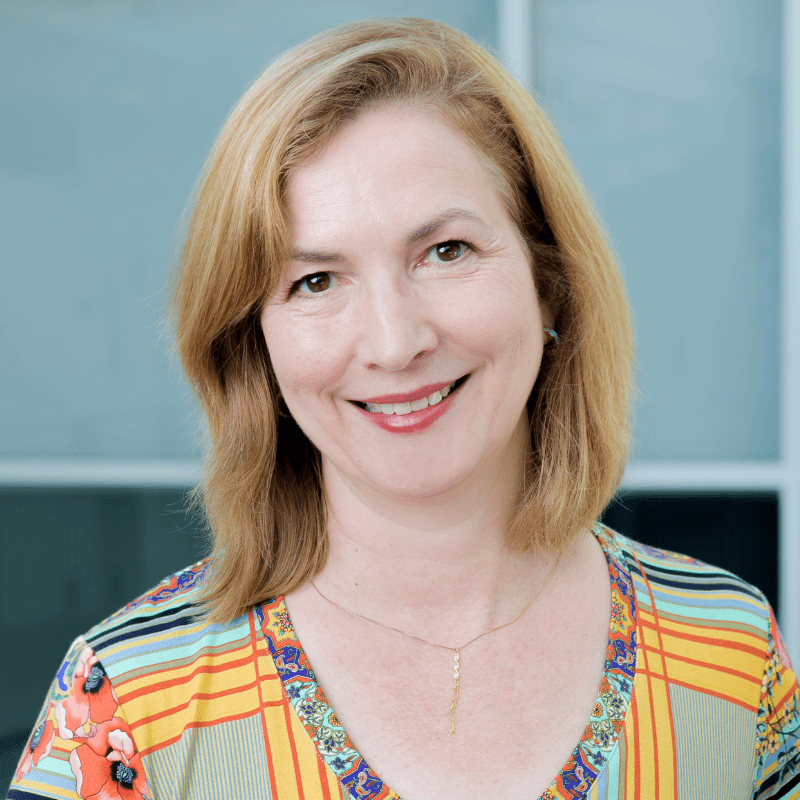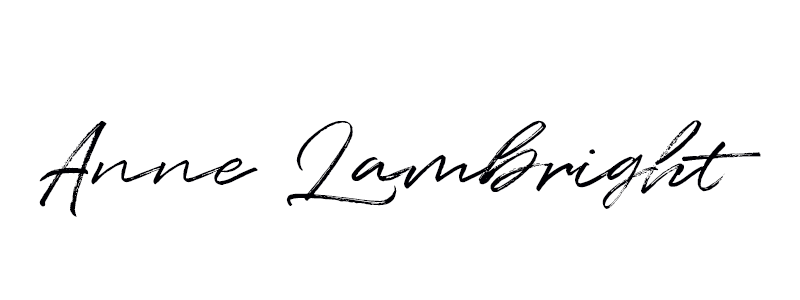We work together to forge intercultural connections.
The Department of Languages, Cultures & Applied Linguistics features award-winning teachers and internationally recognized researchers. Our research and teaching promotes language learning, deepens cultural understanding through literary and cultural studies, and highlights cutting-edge technology-enhanced learning.
Meet the Department
A Warm Welcome from Department Head, Anne Lambright
Welcome to the Department of Languages, Cultures & Applied Linguistics (LCAL)! We warmly invite you to visit our world by exploring our many course offerings, eight majors and nine minors, and other amazing opportunities to engage with the rich diversity of languages and cultures around us.
From beginning language study to advanced seminars such as “Podcasting en español,” “Topics in Arabic Media” and “Russian Hackers,” our engaging, student-centered classes dive deeply into the cultures, arts and histories of our nine language areas. For students interested in the how of language learning, our Second Language Acquisition courses explore theoretical, technological, cognitive and policy issues, and discuss questions of bilingualism and multilingualism, language diversity and identity. Our offerings in English highlight a wide range of cultural production, from German Film to Japanese Anime and Chinese TikTok to Gaming in French, as well as key topics of race and ethnicity, gender and sexuality, human rights and social justice. Like our advanced language seminars, these courses use the lens of cultural studies to examine other societies and understand diverse perspectives, giving students the tools to think more critically about the world around them and their place in it. No wonder students consistently rate LCAL courses as among their best experiences at Carnegie Mellon!
More and more, the world needs truly global citizens with linguistic and cultural competencies to engage thoughtfully with people from all walks of life. You may choose to study abroad. You may choose to work in global companies. You may live in diverse communities. Perhaps all three. LCAL courses are excellent introductions to the languages, histories and cultures of your future classmates, colleagues and neighbors. Our courses will give you the knowledge and the skills that employers are looking for—critical thinking, cross-cultural competence, global awareness—, but honestly, I invite you to our LCAL community, courses and programs, because you will find them inspiring, fascinating and quite possibly life-changing. If you can’t take advantage of transformative learning experiences during these four years, when will you?


Anne Lambright
Department Head and Paul Mellon Distinguished Professor of Hispanic Studies
Faculty by Area of Study
Applied Multilingual Studies
Chinese Studies
French and Francophone Studies
German Studies
Hispanic Studies
Italian Studies
Japanese Studies
Korean Studies
Media Creation and Multicultural Studies
Russian Studies
Emeritus Faculty
View All
Graduate Faculty by Study
Masters of Arts in Applied Linguistics & Second Language Acquisition
Masters of Arts in Global Communication & Applied Translation
Ph.D. in Applied Linguistics & Second Language Acquisition
Graduate Students
Masters Students
Applied linguistics & Second Language Acquisition Masters Students